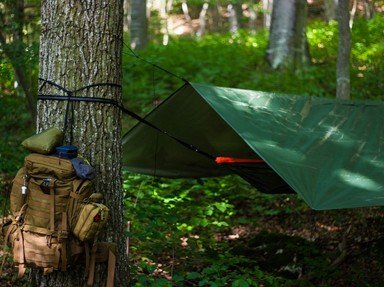Quiz Answer Key and Fun Facts
1. In case of a strong snow storm or a blizzard, which of the following should you NOT do?
2. Water conservation can be considered a method of preparing for which of the following disasters?
3. Which of the following is the most appropriate response in case of a large home fire?
4. If you see a person suffering heat stroke, which of the following can you do to ensure his survival while waiting for an ambulance?
5. What is the term used for a disaster in which earth and soil move downwards, destroying things in their path, and which is usually related to floods and earthquakes?
6. Which of the following disasters are you in danger of if you live in a coastal area and feel an earthquake that lasts for a while?
7. Which of the following disasters are graded on the Fujita scale?
8. In case of a pandemic or epidemic, which of the following would be a method of survival?
9. Ashfalls and acid rains are hazards that may be related to a volcanic eruption.
10. Community planning is not important for survival, for being prepared and for management after a natural or man made disaster.
Source: Author
Saleo
This quiz was reviewed by FunTrivia editor
rossian before going online.
Any errors found in FunTrivia content are routinely corrected through our feedback system.


